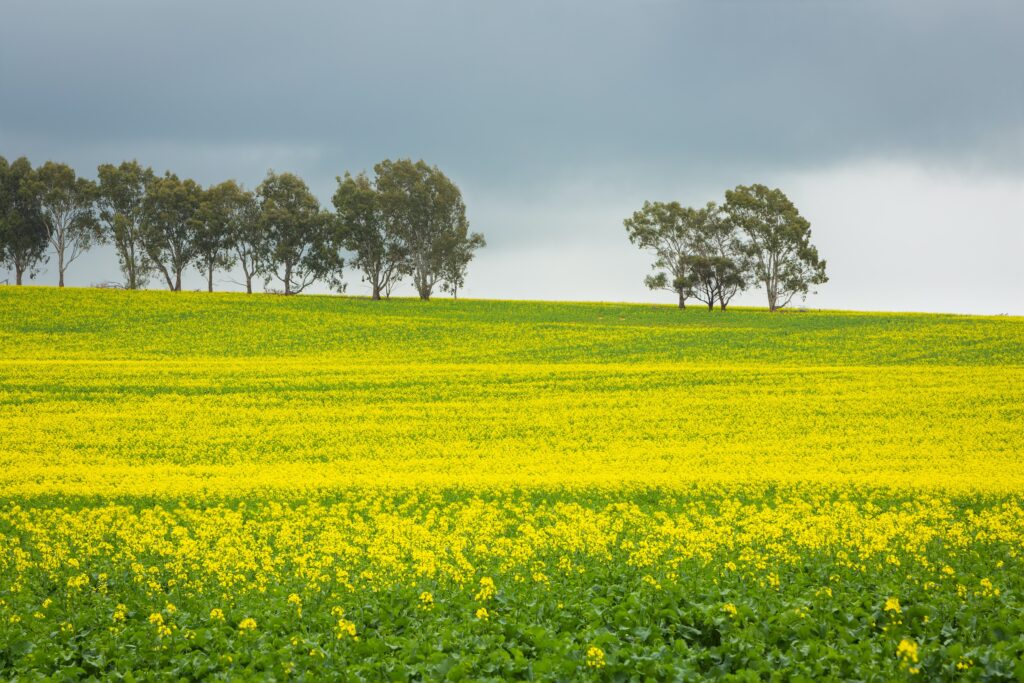For the Nationals’ leader and deputy PM, Michael McCormack, to call for the agriculture sector to be excluded from any national target for emissions reduction is wantonly negligent.
McCormack’s logic – that farmers are already facing enough work recovering from droughts and bushfires – is deluded and short-sighted. Farmers are already taking action to mitigate climate change, but they’re having to do it without government support, and with a government that seems hell-bent on exacerbating the problems rather than helping. Instead of rallying the forces of our agricultural communities into a national effort, the Nationals leader is attempting to sideline them.
At the same time, Nationals MPs continue to advocate for coal and gas jobs – a situation that is guaranteed to further damage the ag sector and put at risk the nearly quarter of a million jobs in agriculture.
Australia needs a national target for emissions reduction and a coordinated, national strategy that includes every tactic at our disposal to get there.

Australia needs a national target for emissions reduction and a coordinated, national strategy that includes every tactic at our disposal to get there.
Our agriculture sector is investing heavily in reducing emissions where it can, and is being held back by government inaction. That inaction continues to lead to rising temperatures and wilder and more frequent extreme weather events. The costs of inaction are mounting. Instead of sidelining farmers in the debate, it’s time they were allowed to contribute their voice.
The effects of climate change are all too familiar to the people who work on the land across Australia. Rainfall has always been inconsistent in Australia, but a warming climate is driving hotter temperatures and longer dry spells. Bushfires have been a part of the landscape but the severity and frequency of major events has steadily increased. Thunderstorms, bringing deluges and damaging hail, causing flooding and devastating crops; cyclonic systems gaining in ferocity and frequency… Agriculture is on the frontlines of climate change and they’re crying out for national strategy to help reduce our emissions; stall the rate of global warming; and protect our environment, our food supply systems, and our ways of life.
These events are already impacting our economy as well as the environment. The 2019/2020 bushfires destroyed millions of hectares of forests up and down the east coast. The damage bill has been calculated in the billions of dollars, with estimates of the indirect impact on the economy upwards of $100bn.
According to research by Professor of Economics at Deakin University, Professor Mehemet Ulubasoglu, agricultural workers took the hardest hit, losing on average of $11,000 of annual income per individual as a result of the disaster.
Agriculture contributes between 13%-18% of greenhouse gas emissions in Australia; more if transportation, processing and distribution is included in the calculation. The sector, lacking firm government policy, has been staking out plans for reducing GHG emissions through a range of initiatives – some available today, and some requiring research & development.
Groups like Farmers for Climate Action – with thousands of farming members across the country – are advocating for aggressive action on climate change, with a net-zero by 2030 target their stated aim. Last week the FCA’s CEO Wendy Cohen stated: “Red meat industry body Meat and Livestock Australia is already committed to net zero by 2030 and the National Farmers’ Federation last year backed a net zero by 2050 target.”
Farmers face another frontier in the battle against climate change and our national efforts to reduce our carbon emissions. Large trading partners such as the EU, US and UK are preparing the way for a carbon import tax – a way to ensure their emissions reduction efforts internally aren’t simply being exported to other countries, and vice versa. These taxes are likely to hit Australian producers hard, with Australia being singled out internationally for our recalcitrant approach to collaboration on emissions reduction, and our habit of exporting our emissions overseas.
In that battle, though, our farmers are well-armed to contribute meaningfully to a national effort to reach a carbon-neutral economy; show leadership internationally on emissions reduction; and help set Australia up for future opportunities from green industries. For example, we have a great deal of potential to create carbon sinks through increased vegetation cover with the planting of native trees and shrubs, the adoption of native grasses, and a shift to legumes for feeding stock all contributing to carbon sequestration and a reduction in overall emissions.
Photo top by David Clode on Unsplash
Photo by Chris Stenger on Unsplash

